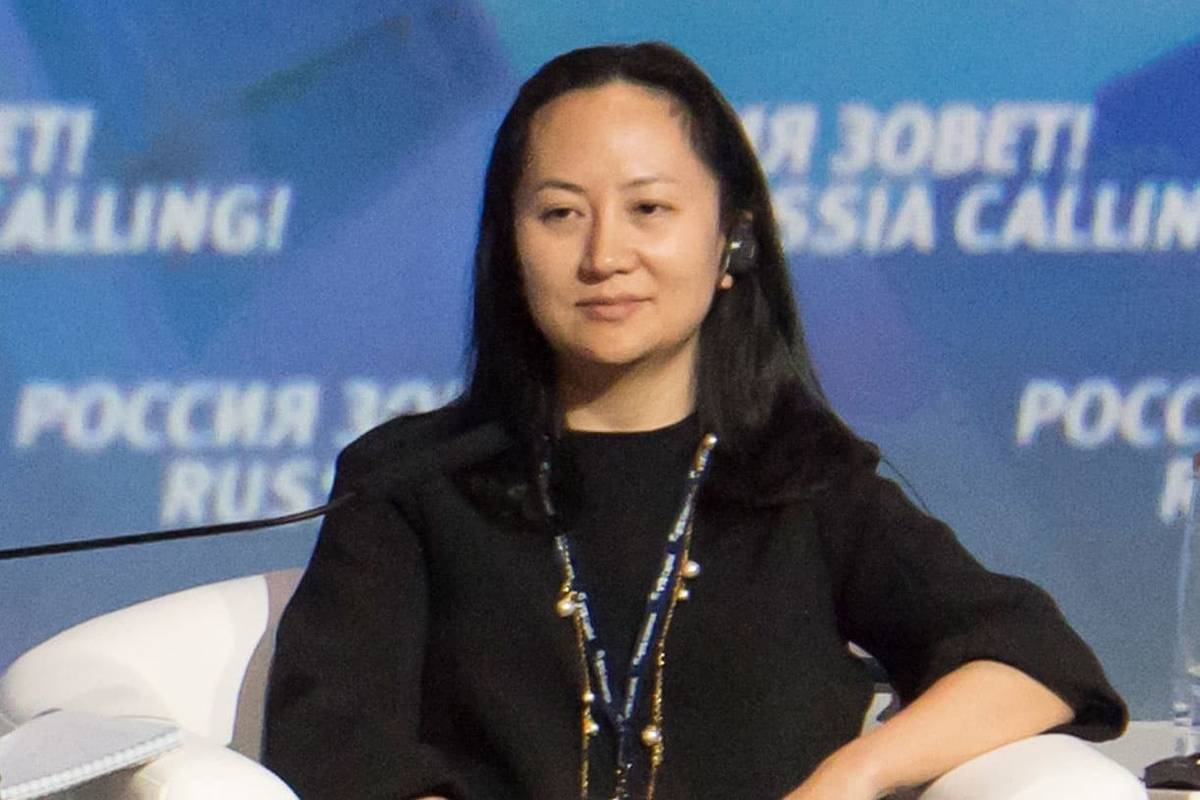The landscape of employment is rapidly evolving as we navigate through the third decade of the 21st century. The millennial wave that stormed the corporate citadels with its disruptive ideas and start-up culture is now giving way to Generation Z.
Born between the mid-1990s and early 2010s, Gen Z is entering the workforce in droves, armed with a fresh perspective on what they want from their careers.
Understanding their preferences is not just pivotal for HR departments but also holds invaluable insights for startup entrepreneurs looking to seize emerging opportunities.
Digital Natives with a Human Touch
Unlike their predecessors, Gen Zers are true digital natives who grew up in an era where the internet, smartphones, and social media are ubiquitous. While it’s easy to assume that this generation would be all about remote work and digital interactions, surveys suggest that they also crave face-to-face interactions.
Startups can harness this by developing work models that blend technology with human elements, offering flexible schedules, but also building strong in-person community spaces.
Passion over Paycheck
For Gen Z, it’s not solely about the money. In fact, they often prioritize meaning and fulfillment in their work over high salaries.
This generation seeks employment opportunities where they can make an impact and align their job roles with their values and passions. Forward-looking startups are identifying this trend and are creating value-driven business models that resonate with this cohort.
In sectors like renewable energy, social justice, and mental health, there is a massive scope for businesses that target a double bottom line: profit and purpose.
Autonomy and Up-skilling
Gen Z values self-direction and independence. Hierarchical models of management with rigid chains of command are increasingly becoming obsolete in the eyes of these young professionals.
This is good news for startups that often operate on flatter organizational structures. Also, Gen Zers are not looking for a job for life; they aim to acquire diverse skill sets and experiences.
Companies that invest in ongoing education and skill development are more likely to attract and retain Gen Z employees.
Gig Economy and Freelancing
The gig economy is another area where Gen Z’s influence is poised to be felt significantly. Freelancing, part-time jobs, and project-based roles offer the kind of flexibility and autonomy this generation craves.
Startups can capitalize on this by developing platforms that facilitate the gig economy, focusing on niches that haven’t been explored extensively, such as specialized skills in technology, arts, or social sciences.
Conclusion
The entrance of Gen Z into the workforce is more than just a generational shift; it’s a cultural and ideological evolution that is reshaping the future of employment.
Understanding these young professionals’ values, motivations, and expectations is essential for both companies aiming to employ them and startups looking to fill gaps in the market.






